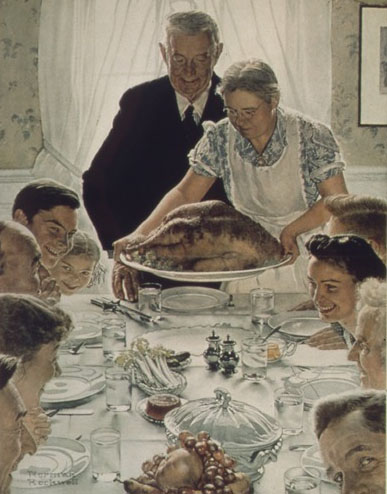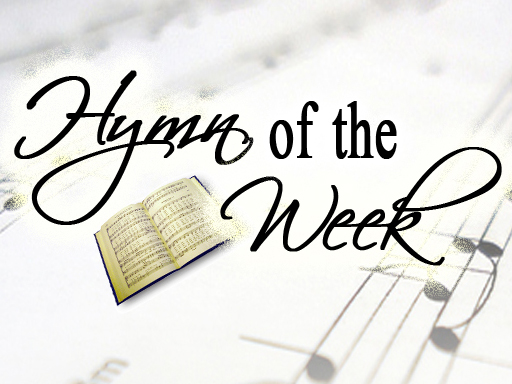“Our National Thanksgiving”
Background:
Beginning with George Washington’s Thanksgiving Proclamation of 1789, several subsequent presidents made thanksgiving proclamations (see www.pilgrimhall.org). However, the holiday was essentially a regional observance until 1863. In that same year, Sarah J. Hale, editor of Godey’s Lady’s Book, wrote this famous, inspiring editorial urging the president to declare a national holiday. President Lincoln responded by setting aside the last Thursday of November as a day of thanksgiving. See Lincoln’s Thanksgiving Proclamation of 1863.
Prior to this 1863 editorial, Sarah J. Hale had spent many years campaigning for a national holiday — writing letters to governors and presidents, as well as writing editorials (see her other editorials at pilgrimhall.org). She is credited with being instrumental in establishing the uniform, national holiday that we know today as Thanksgiving.
Text:
“Then he said unto them, Go your way, eat the fat, and drink the sweet, and send portions unto them for whom nothing is prepared; for this day is holy unto our Lord: neither be ye sorry; for the joy of the Lord is your strength” (Nehemiah viii. 10).
THUS commanded the inspired leader of the Jews, when they kept the “Feast of Weeks;” in a time of national darkness and sore troubles shall we not recognize that the goodness of God never faileth, and that to our Father in heaven we should always bring the Thanksgiving offering at the ingathering of the harvest?
Wise lawgivers and great patriots have acknowledged the salutary effect of appointed times for national reunions which combine religious sentiment with domestic and social enjoyment; thus feelings of benevolence are awakened, and gratitude to the Giver of all our blessings is seen to be the great duty of life. Owing to the different economy of different churches, among Protestant denominations, except the Christian Sabbath, all our religious commemorations are partial and local.
Can we not, then, following the appointment of Jehovah in the “Feast of Weeks,” or Harvest Festival, establish our yearly THANKSGIVING as a permanent American National Festival, which shall be celebrated on the last Thursday in November in every State of our Union? Indeed it has been nearly accomplished. For the last twelve or fourteen years, the States have made approaches to this unity. In 1859 thirty States and three Territories held the Thanksgiving Festival on the same day the last Thursday in November. It was also celebrated that year and the following on board several of the American fleets ships in the Indian Ocean, the Mediterranean, and on the Brazil station; by the Americans in Berlin at our Prussian Embassy; in Paris and in Switzerland; and American missionaries have signified their readiness to unite in this Festival if it should be established on a particular day which can be known as the American Thanksgiving.
Then, in every quarter of the globe our nationality would be recognized in connection with our gratitude to the Divine giver of all our blessings. The pious and loving thought that every American was joining in heart with the beloved family at home and with the church to which he belonged, would thrill his soul with the purest feelings of patriotism and the deepest emotions of thankfulness for his religious enjoyments.
Would it not be of great advantage, socially, nationally, religiously, to have the DAY of our American Thanksgiving positively settled? Putting aside the sectional feelings and local incidents that might be urged by any single State or isolated Territory that desired to choose its own time, would it not be more noble, more truly American, to become nationally in unity when we offer to God our tribute of joy and gratitude for the blessings of the year?
Taking this view of the case, would it not be better that the proclamation which appoints Thursday the 26th of November (1863) as the day of Thanksgiving for the people of the United States of America should, in the first instance, emanate from the President of the Republic to be applied by the Governors of each and every State, in acquiescence with the chief executive adviser?





